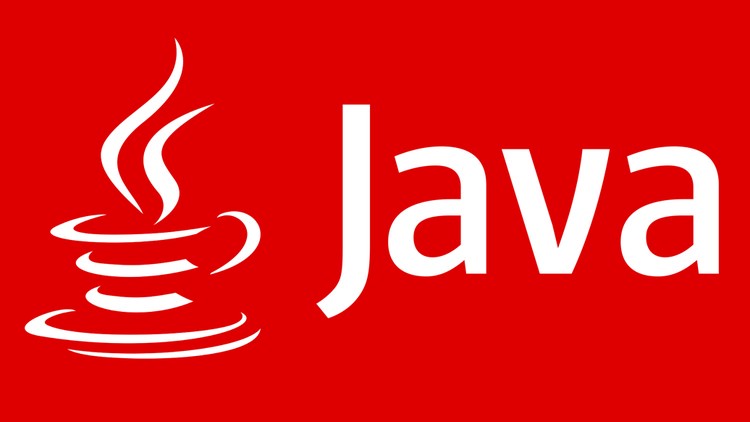In the dynamic realm of technology, the collaboration between Java and Big Data has emerged as a formidable influence in handling the processing and analysis of extensive datasets. Faced with the challenges presented by the rapid expansion of data, organizations are turning to Java as a resilient programming language with the capability to unlock the potential inherent in Big Data. This article delves into the fundamental techniques and tools within Java that empower developers to adeptly process and analyze vast datasets, enabling them to derive meaningful insights for informed decision-making.
I. The Marriage of Java and Big Data:
Overview of Big Data Processing:
In the era of Big Data, traditional data processing tools fall short. Big Data processing involves handling massive volumes of structured and unstructured data, requiring scalable and distributed computing solutions.
Java's Role in Big Data Processing:
Renowned for its portability, scalability, and adaptability, Java has emerged as a preferred language for Big Data applications. Its seamless integration with the Hadoop ecosystem and various frameworks positions it as the ideal choice for developers seeking to address the complexities of extensive data processing.
II. Key Java Libraries and Frameworks:
Apache Hadoop:
Java plays a pivotal role in the foundation of Apache Hadoop, an open-source framework meticulously crafted for the distributed storage and processing of extensive datasets. In this exploration, we delve deep into the intricacies of Hadoop's architecture and illuminate the ways in which Java actively enhances its efficiency and effectiveness.
Apache Spark:
Spark, being a robust framework, utilizes Java extensively through its comprehensive API, establishing itself as a favored option for real-time data processing. In this segment, we delve into the distinctive features of Spark that position it as a transformative force in the realm of Big Data analytics.
Apache Flink:
Flink's event-driven processing model and support for Java APIs enable efficient stream processing. We discuss how Flink complements Java in building robust and scalable data streaming applications.
III. Java and Data Analysis Techniques:
Data Cleaning and Preprocessing:
Java excels in data cleaning and preprocessing tasks, crucial for ensuring the quality of input data. We discuss Java libraries and methods for handling missing data, outliers, and inconsistencies.
Machine Learning with Java:
Java's integration with machine learning libraries such as Apache Mahout and Weka empowers data scientists to build predictive models. We explore practical examples of machine learning applications in Big Data using Java.
Parallel Processing and Multithreading:
Java's support for parallel processing and multithreading is a key advantage in handling the concurrent execution of tasks. We delve into how this capability enhances the speed and efficiency of data analysis.
IV. Real-world Applications and Case Studies:
Financial Sector:
Discover how Java is utilized in the financial sector for risk analysis, fraud detection, and algorithmic trading, where real-time processing of vast datasets is critical.
Healthcare Analytics:
Explore Java-powered solutions in healthcare analytics, where processing massive volumes of patient data leads to improved diagnosis, treatment, and personalized healthcare.
E-commerce and Recommendation Systems:
Understand how Java-based Big data processing drives personalized recommendations in e-commerce platforms, enhancing user experience and increasing sales.
V. Best Practices for Java in Big Data:
Optimizing Code for Performance:
Discuss coding best practices and optimization techniques to ensure Java applications achieve optimal performance in Big Data processing.
Security Considerations:
Explore the importance of security in Big Data applications and how Java provides robust tools and practices for safeguarding sensitive information.
Conclusion:
Java's synergy with Big Data is not merely a technical integration; it symbolizes a transformative force in how organizations leverage data for informed decision-making. By mastering the processing and analysis techniques outlined in this article, developers can unlock the full potential of Java in the Big Data landscape, paving the way for new possibilities in innovation and insight. As we navigate the data-driven future, Java stands as a stalwart companion, ensuring that the vast sea of information becomes a source of knowledge and competitive advantage. For those seeking to embark on this journey, discovering the best Java training course in Moradabad, Gorakhpur, Delhi, Noida and all cities in India is crucial. The right training can empower individuals to seamlessly integrate Java into the dynamic field of Big Data.


No comments yet